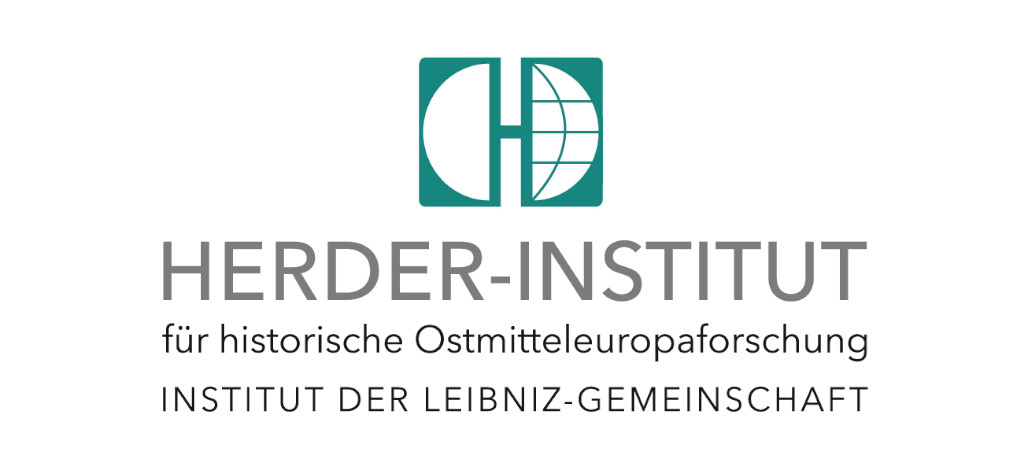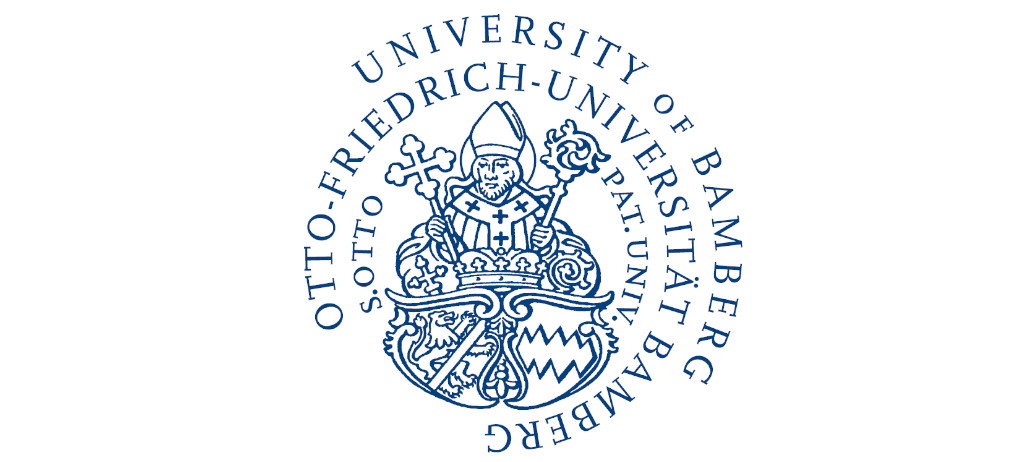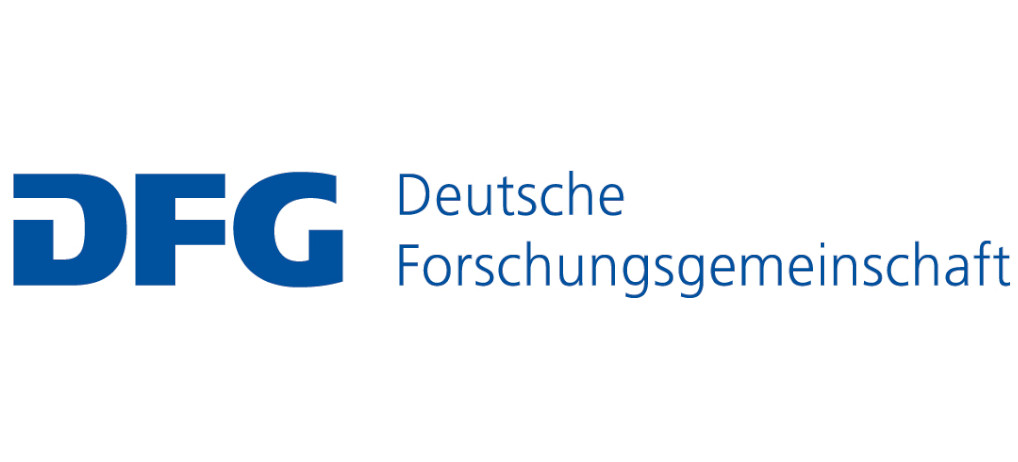Main Content
Subproject A07
Between Minority Protection and Securitization -
Roma Minority Formation and Transformation in Modern European History
1. Funding period (2014-2017)
The subproject examines the relationship between minoritization and securitization / de-securitization using the example of the formation of the Roma minority in recent European history (from the 1970s to the present). During the Cold War, Roma minorities in Europe were often understood as a social problem to be dealt with primarily in terms of security policy by pushing back "nomadism" and promoting assimilation. Since the fall of communism and the enlargement of the European Union, however, Roma have increasingly been portrayed as a European minority and related to a background of human and minority rights, inclusion, and empowerment. Finally, the Europeanization of Roma minority status has led to the problematization of Roma migrants from the new EU member states as a public security risk in Western European countries such as Italy, France, Germany, Belgium, and the Netherlands.
In this subproject, the practices of securitization and de-securitization since the 1970s are examined from the perspective of successively changing or overlapping processes of minority formation or what can be called "minoritization." How do the historically variable processes of minoritization, ranging from the conceptualization of Roma under the auspices of assimilation and "nomadism" to the conceptualization under the auspices of human rights, social inclusion, and European minority status, relate? And how do these historically variable processes of minoritization relate to the emergence of new practices of securitization and de-securitization?
The project uses empirical research on legal discourse, cultural discourse, and everyday practices of securitization and de-securitization about Roma in Europe to explore the relationship between security and freedom and to draw conclusions about possible alternative practices of "de-securitization." Moreover, the project brings together insights from governmentality theory and critical security studies to allow for a new view that informs how processes of minoritization and (de)securitization are interconnected and how new ways of de-securitization can be developed.
In the subproject, we examine the complex of securitization and de-securitization from a neo-Foucauldian governmentality perspective in order to find out how the gradual development of diverse (neo-)liberal concepts and practices of freedom since the 1970s has coincided with a double dynamic. The focus is on the actions of Western European societies that have welcomed and continue to welcome Roma minorities. On the one hand, we focus our attention on how the mechanisms of securitization and depoliticization minoritize some segments of a population (such as the Roma) while "majoritizing" others. On the other hand, we focus on parallel forms of minority self-expression and how these challenge and politicize population control and its boundaries. Particularly at this point, we can expect to address past forms of exclusion already thematized by transnational Roma activities (the Holocaust), as well as contemporary socioeconomic as well as political reasons leading to westward migration, and how EU and other international regulations are dealt with in relation to Roma.
By exploring the interactions between minoritization and self-articulation of minorities, the project asks how practices of desecuritization can be alternatively understood and ethnographically analyzed. Alternative strategies of desecuritization may lie just beyond a one-dimensional view of a minority security problem. And by focusing theoretically and empirically on the need to adjust the relationship between security and freedom, rather than transferring a securityized issue from the discourse of the former to that of the latter, the project pays particular attention to the interlocking constructions of political community in contemporary Europe and the ways in which these include or exclude Roma.
The concrete analysis comprises three thematic complexes that shed light on interrelated dimensions of the overall project. While thematic complexes A (human rights and securitization) and B (minoritization and securitization/de-securitization of Roma) are mainly concerned with analyses of changing and reformulated discursive and non-discursive practices of human rights experts, activists and security and development experts from the 1970s to the present, Theme C (De- and Repoliticization) focuses on whether and to what extent an analysis of the nexus between freedom and security and the relationship between processes of depoliticization and repoliticization sheds new light on practices of de-securitization.
Inhalt ausklappen Inhalt einklappen Members
Subproject Head
Prof. Dr. Regina Kreide
Research Assistants
Dr. Huub van Baar
Dr. Ana Ivasiuc



